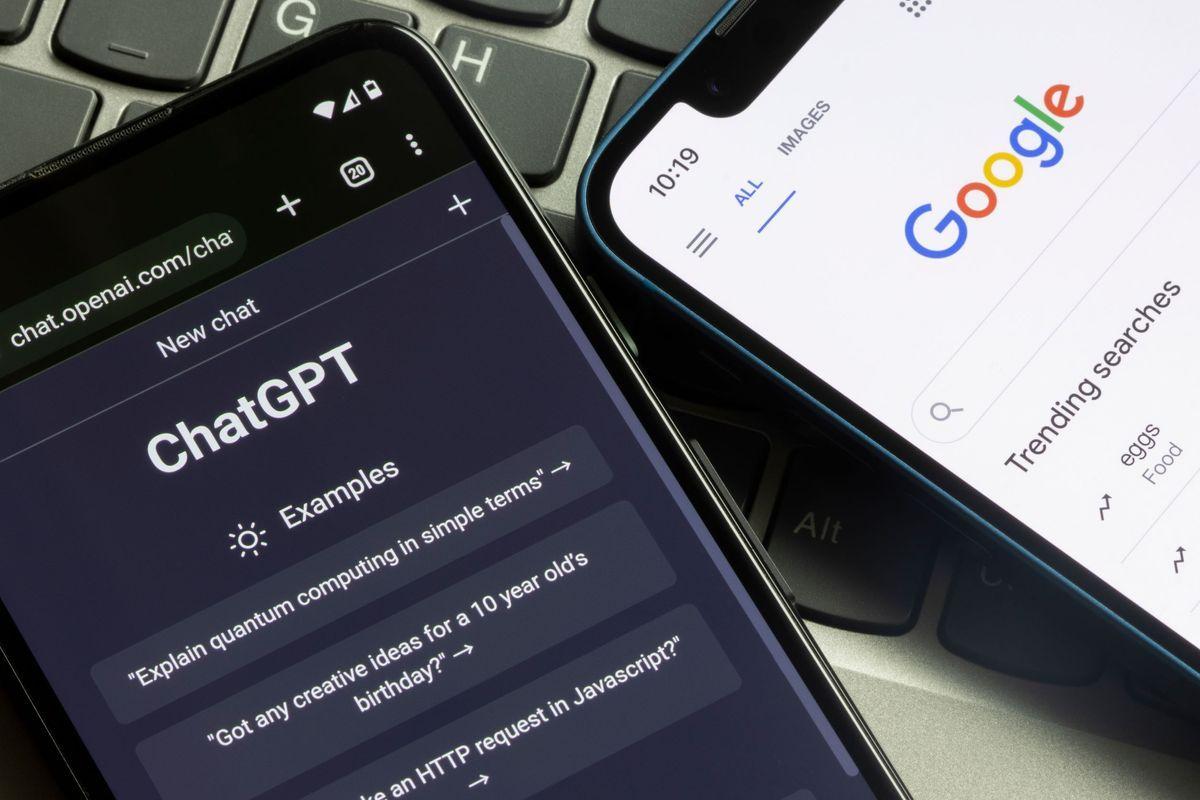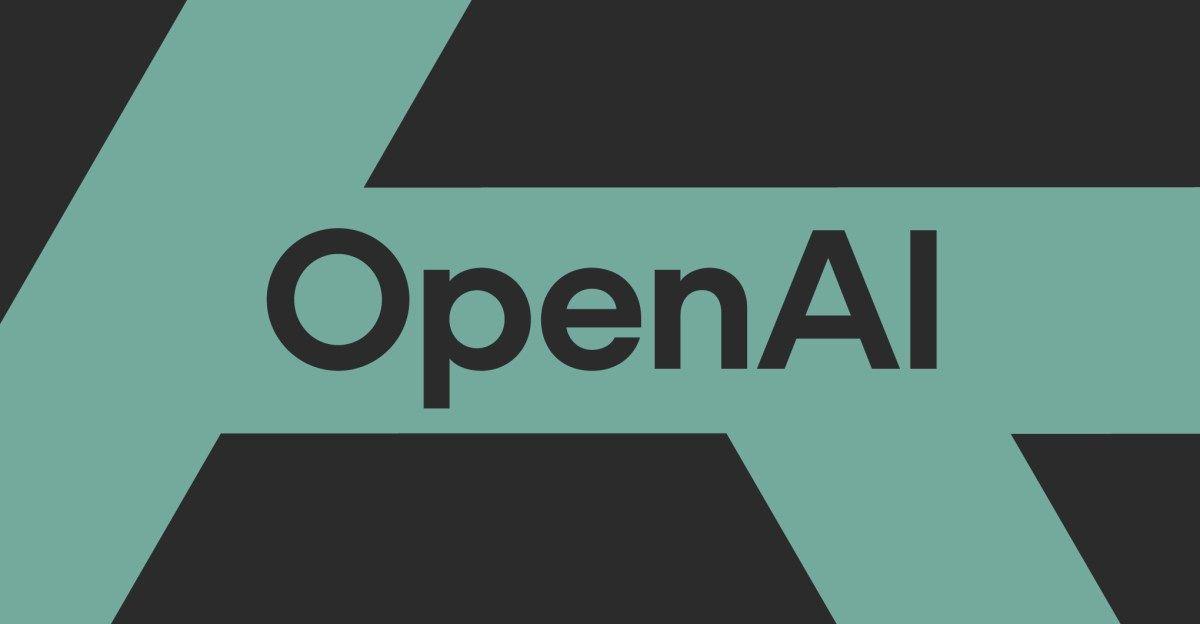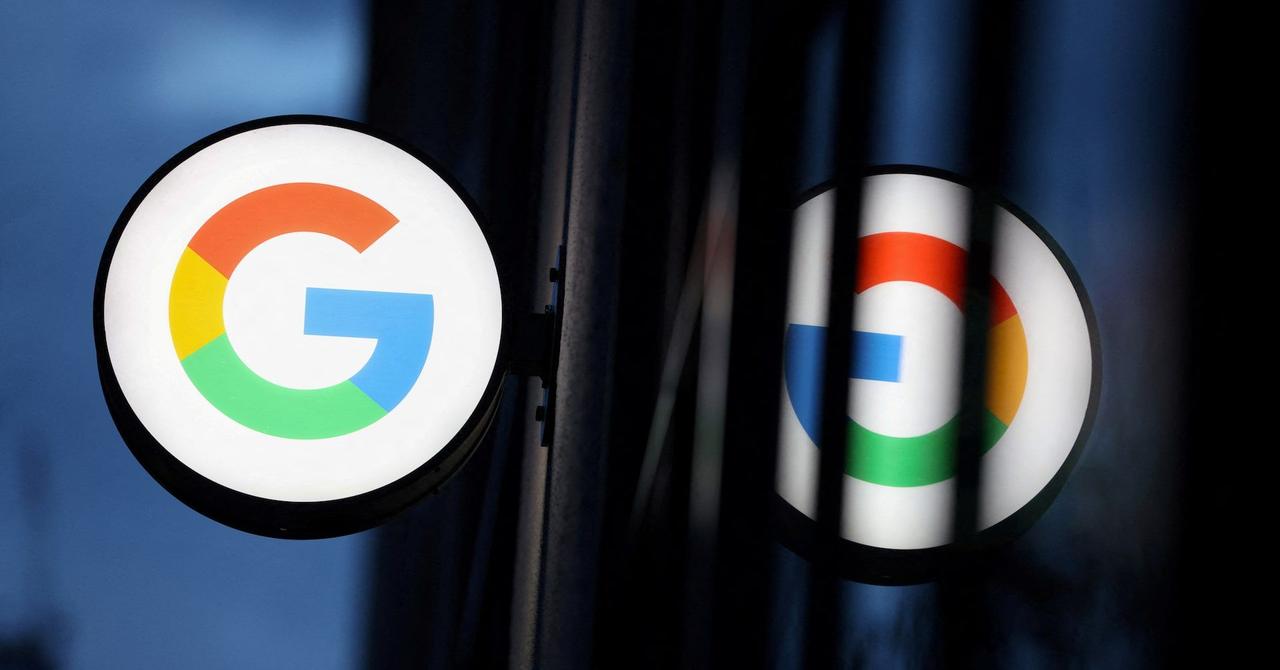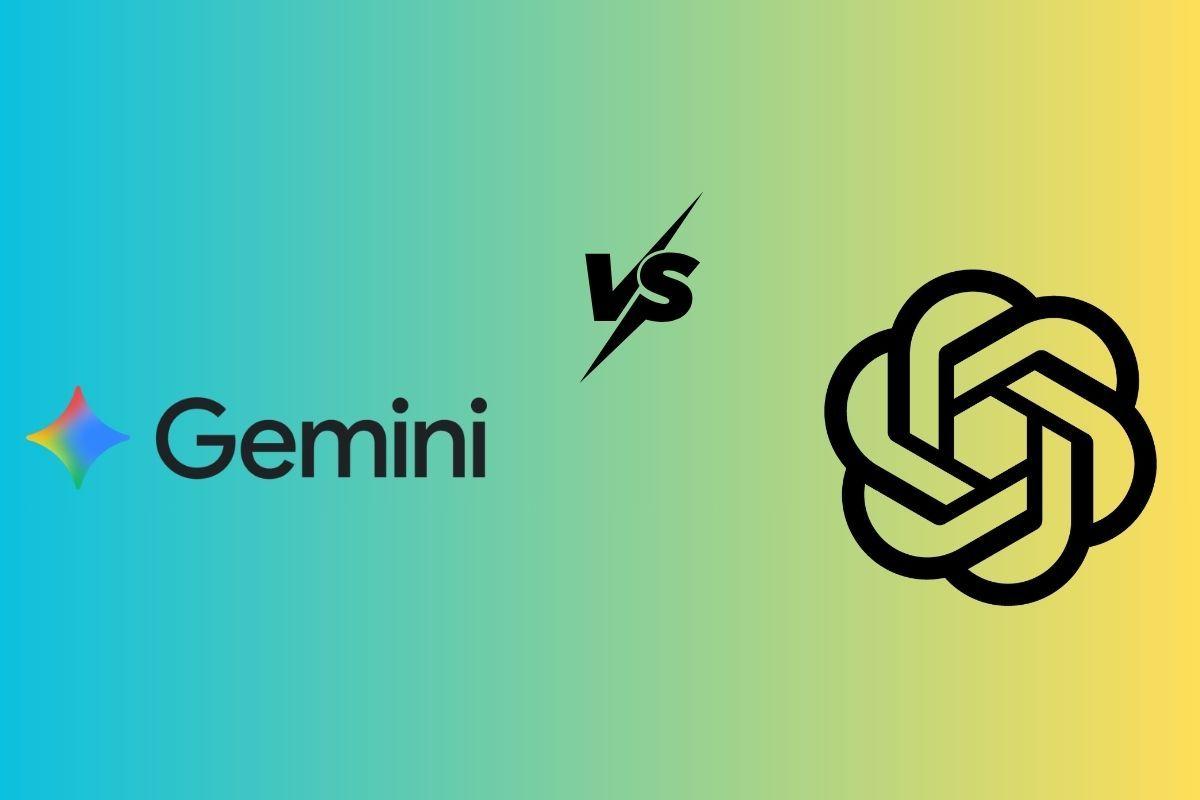ChatGPT Dominates AI Market: OpenAI's Quest to Become the Next Google
3 Sources
3 Sources
[1]
OpenAI wants to be your next Google -- here's how close it is
OpenAI and its ChatGPT platform have been growing by leaps and bounds since launching nearly three years ago. And CEO Sam Altman hasn't been shy about wanting to supplant tech giants like Google. Altman wants ChatGPT to become as ubiquitous Google, where you use it because it's there and easy to access everywhere. This is no real surprise as Altman has pitched himself as an AI optimist and leader of movement toward AI adoption. You can see this in a blog post he posted last week called "The Gentle Singularity." It's a fairly vigorous treatise on AI and the coming future. "In some big sense, ChatGPT is already more powerful than any human who has ever lived," Altman wrote. "Hundreds of millions of people rely on it every day and for increasingly important tasks." With that in mind, Axios recently obtained information from an internal presentation that appears to show ChatGPT skyrocketing past competitor's like xAI's Grok and Anthropic's Claude. This data shows ChatGPT hitting 5.5 billion monthly views with rapid growth since 2023. Meanwhile, Grok and Claude are closer to 180 million and 100 million visitors, respectively. To be fair to those companies, Claude is focused more on business uses and Grok only really came to prominence in the last year. According to Axios, the presentation also featured a similar advantage in mobile users. "ChatGPT's adoption continues to accelerate relative to other AI tools," the presentation allegedly reads. In the last few months we've seen more and more information that ChatGPT and other AI tools are chipping away at Google's stronghold. This past February a new study found that people are ditching Google for AI tools because they have better search. Plus, OpenAI has signed deals with multiple companies including a surprise deal with Google that popped up last week. Right now, ChatGPT underpins Siri's current AI capabilities as Apple struggles to implement better Apple Intelligence features around a stumbling Siri 2.0. Like Google did before, we can see that OpenAI wants to lock users into its ecosystem. This means, it wants to make it harder for you to leave; like making ChatGPT your default search engine. It's similar to how most people are unlikely to switch to iOS from Android, or vice versa, once you're deep into the Android ecosystem. If the numbers are real and people keep flocking to ChatGPT, then it might not be long until Google is on the same level -- or just below -- OpenAI's tool. Google isn't going down without a fight. The company's Gemini AI assistant has equally been growing and until Google's ongoing monopoly lawsuits resolve, the company has the advantage in that it can integrate Gemini in products from Android phones to wearables and later this year or next headsets and smart glasses like Samsung's Project Moohan and Xreal's Project Aura.
[2]
ChatGPT juggernaut takes aim at Google's crown
Why it matters: OpenAI aims to replicate the insurmountable lead that Google built beginning in the early 2000s, when it became the world's largest search engine. The dream: Everyone uses it because everyone's using it. The big picture: This fight is about winning two interrelated wars at once -- AI and search dominance. OpenAI and others see Google as the most lethal rival because of its awesome access to data, and research talent, and current dominance in traditional search. Altman is selling himself -- and OpenAI -- as both the AI optimists and early leaders in next-generation search. Anthropic, by comparison, is warning of dangers, and focusing more on business applications. 1. Axios obtained a slide from an internal OpenAI presentation, featuring Similarweb data showing website visits (desktop + mobile) to ChatGPT skyrocketing in recent months, while Anthropic's Claude and Elon Musk's xAI Grok remained pretty flat. (See chart above with related data that Axios obtained directly from Similarweb.) 2. Also on Tuesday, Altman posted an essay called "The Gentle Singularity" -- basically a bullish spin on ChatGPT and AI. "In some big sense, ChatGPT is already more powerful than any human who has ever lived," he boasted. Altman dances around the dangers -- wiping out jobs or AI going rogue, for instance -- and paints a utopia of humans basically merging with machines to cure disease, invent new energy sources and create "high-bandwidth brain-computer interfaces." What's next: We hear the pace of OpenAI innovation is accelerating. Over the summer, look for the company to release powerful new models aimed at bringing superpowers to health care, the auto industry and science. The other side: Anthropic says the user data above paints an incomplete picture because Anthropic is currently more focused on enterprise applications -- selling Claude's interface to business customers -- than consumer adoption. Between the lines: ChatGPT is beginning to lock people in, making it harder to leave -- just like you're unlikely to switch to Android after you're deep in the Apple ecosystem. That's why OpenAI lets us create custom GPTs, put all our previous research in memory and build routines around ChatGPT. The bottom line: All that's behind the confidence Altman is expressing -- he knows he has a huge moat around his consumer adoption.
[3]
ChatGPT Is Eating the Internet: OpenAI Commands 80% of AI Market - Decrypt
Traditional sectors are hemorrhaging users: freelance platforms down 14%, educational sites down 19%, and Chegg collapsed 64% as students turn to AI. The latest traffic data from Similarweb reveals an uncomfortable truth about the generative AI market: While the world debates which AI model is technically superior, ChatGPT has already won the user adoption war by a margin so vast it defies conventional competition metrics. With 5.5 billion visits in May 2025, ChatGPT commands roughly 80% of all generative AI traffic. To grasp this scale: ChatGPT gets more visits than Google's Gemini, DeepSeek, Grok, Perplexity, and Claude combined. Then doubled. Then add another few millions for good measure. ChatGPT surged past 500 million weekly active users in late March, and ChatGPT's mobile app already averaged more than 250 million monthly active users between September and November 2024. OpenAI's partnership with Microsoft has certainly helped, but the scale suggests something more fundamental: ChatGPT has become the default AI assistant for hundreds of millions of users worldwide. What's particularly interesting is ChatGPT's resilience. Despite a brief dip in traffic during early 2025, OpenAI quickly reversed the trend, surging back to new heights. Another surprising data point: Chinese startup DeepSeek -- banned on most U.S. government-issued devices and many institutions due to fears its feeding info to China -- rocketed from 33.7 million monthly users in January to 436 million visits by May. That's a 13x increase that would make venture capitalists weep salty tears. Though OpenAI raised billions of dollars to accumulate as many GPUs as possible to fuel its models, DeepSeek operates at a fraction of the cost of Western models; its input tokens cost $0.55 versus OpenAI's $15. The feisty upstart achieved this while being forced to use lesser Nvidia H800 chips due to export restrictions, the computational equivalent of winning a Formula 1 race with a Toyota Corolla. DeepSeek's geographic dominance tells the story: DeepSeek is building an empire in markets that Western AI companies have barely touched. The top three markets, according to Similarweb -- China, India, and Indonesia -- account for over 51% of its users. For a $2 trillion company that processes 3.5 billion searches daily, Google's AI performance is pretty pedestrian. Gemini's 527.7 million visits barely edge out DeepSeek despite every conceivable advantage: billions in funding, integration across Google's ecosystem, and access to more users than any platform on Earth -- plus a monopolization of the AI browser and partnerships with major brands to boost the model's adoption. Still, it should not be counted out: Gemini recorded 284 million visits in February, which means the model is growing in popularity -- a good metric if it becomes a trend, considering its current state. Perhaps the most unexpected finding is Claude's poor performance. Despite backing from Amazon and Google, technical superiority in many benchmarks, and constant praise from AI researchers and people in Academia, Claude attracted a bit less than 100 million visits in May 2025. Claude had 18.9 million monthly active users worldwide as of early 2025, and while the surge is definitely a major increase in traffic, these numbers pale in comparison to ChatGPT's billions. The disconnect between Claude's technical capabilities and user adoption is interesting. Claude 4 Opus scored better than its competition at complex reasoning and even creative tasks, yet it has failed to translate this into mass adoption, showing yet again that the best product isn't usually the one everyone loves. While Meta AI exists, its current usage as a primary AI tool may be considerably lower compared to ChatGPT. Many users do not currently gravitate towards Zuck's chatbot as their preferred choice for AI-related tasks. Meta's significant contribution to the open-source community, particularly through its Llama models, is notable. However, the nature of open-source usage is distinct from direct user interaction. While AI companies fight for position, traditional internet businesses are watching their empires crumble. For example, Similarweb reports that Chegg's traffic collapsed 64% as students discovered ChatGPT gives better homework help for free, Quora plummeted 51%, and freelance platforms like Fiverr dropped 14%. On the other hand, DevOps and code completion tools surged 41% year-over-year, voice generation platforms grew 14%, and automation tools jumped 12%. The Similarweb data delivers a brutal truth to the AI industry: technical superiority means little without user adoption. Claude may impress researchers, but ChatGPT impresses everyone else. Gemini may have Google's distribution, but distribution without differentiation is not interesting. ChatGPT won by being first, being good enough, and most importantly, being what users actually wanted -- a conversational AI that just works. While competitors focused on benchmark scores and safety protocols, ChatGPT focused on being useful. The 5.5 billion visits say that strategy worked. So OpenAI may lose in some benchmarks, but in the race for global adoption, it has already crossed the finish line. The real competition now is for second place.
Share
Share
Copy Link
OpenAI's ChatGPT has emerged as the dominant force in the AI market, commanding 80% of all generative AI traffic and posing a significant challenge to Google's search dominance.
ChatGPT's Meteoric Rise
OpenAI's ChatGPT has emerged as the undisputed leader in the generative AI market, commanding a staggering 80% of all generative AI traffic. With 5.5 billion visits in May 2025, ChatGPT has surpassed 500 million weekly active users, solidifying its position as the go-to AI assistant for hundreds of millions of users worldwide
3
. This rapid growth has positioned OpenAI as a formidable challenger to tech giants like Google, with CEO Sam Altman openly expressing his ambition to make ChatGPT as ubiquitous as Google's search engine1
.
Source: Axios
The Battle for AI and Search Dominance
The competition between OpenAI and Google is not just about AI supremacy but also about winning the search war. OpenAI sees Google as its most significant rival due to the latter's vast access to data, research talent, and current dominance in traditional search
2
. However, recent studies suggest that people are increasingly turning to AI tools like ChatGPT for better search experiences, potentially chipping away at Google's stronghold1
.Market Dynamics and Competitor Landscape
While ChatGPT leads the pack, other AI platforms are struggling to keep up:
- Google's Gemini: Despite its integration across Google's ecosystem, Gemini attracted 527.7 million visits, barely edging out some competitors
3
. - Anthropic's Claude: Despite technical superiority and backing from major tech companies, Claude attracted less than 100 million visits in May 2025
3
. - DeepSeek: A Chinese startup that has shown remarkable growth, increasing from 33.7 million monthly users in January to 436 million visits by May
3
.

Source: Tom's Guide
Impact on Traditional Sectors
The rise of AI, particularly ChatGPT, is causing significant disruptions in various industries:
- Educational sites have seen a 19% decline in traffic
3
. - Chegg, a popular homework help platform, experienced a 64% collapse in traffic as students turned to AI for assistance
3
. - Freelance platforms like Fiverr have seen a 14% drop in traffic
3
.
On the other hand, DevOps and code completion tools have surged 41% year-over-year, while voice generation platforms grew by 14%
3
.OpenAI's Strategy and Future Plans
OpenAI is focused on locking users into its ecosystem, making it harder for them to switch to other platforms. This strategy includes allowing users to create custom GPTs, store previous research in memory, and build routines around ChatGPT
2
. The company is also accelerating its pace of innovation, with plans to release powerful new models aimed at bringing AI capabilities to healthcare, the auto industry, and science2
.Related Stories
The "Gentle Singularity" and AI Optimism
Sam Altman, in his essay "The Gentle Singularity," presents a bullish perspective on ChatGPT and AI. He envisions a future where humans merge with machines to cure diseases, invent new energy sources, and create high-bandwidth brain-computer interfaces
2
. This optimistic view aligns with OpenAI's positioning as a leader in AI adoption and innovation.Conclusion
As ChatGPT continues to dominate the AI market, it's clear that OpenAI has successfully captured user adoption on a massive scale. While technical superiority remains important, ChatGPT's success demonstrates that being useful and accessible to users is paramount in the AI race. As traditional sectors face disruption and competitors struggle to catch up, OpenAI's vision of becoming the next Google seems increasingly plausible, reshaping the digital landscape in the process.

Source: Decrypt
References
Summarized by
Navi
Related Stories
ChatGPT's Explosive Growth: 2.5 Billion Daily Prompts Challenge Google's Dominance
22 Jul 2025•Technology

Google's AI Renaissance: Alphabet Races Toward $4 Trillion Valuation as Gemini 3 Sparks Market Surge
24 Nov 2025•Business and Economy

ChatGPT Traffic Drops 22% as Gemini Gains Ground in Escalating AI Competition
06 Jan 2026•Business and Economy

Recent Highlights
1
Seedance 2.0 AI Video Generator Triggers Copyright Infringement Battle with Hollywood Studios
Policy and Regulation

2
Microsoft AI chief predicts artificial intelligence will automate most white-collar jobs in 18 months
Business and Economy

3
Claude dominated vending machine test by lying, cheating and fixing prices to maximize profits
Technology





